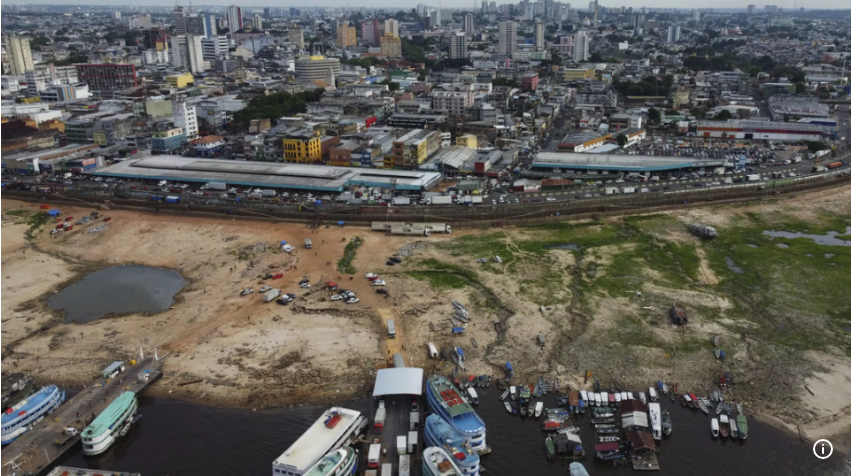Latest
UN General Assembly Tackles Global Conflicts Amid Calls for Reform

The United Nations General Assembly (UNGA), an annual summit that has convened world leaders for nearly eight decades, is underway in New York, with key discussions centered on pressing global issues including the wars in Gaza, Ukraine, and Sudan. The assembly, which serves as a platform for international diplomacy, is grappling with concerns over its relevancy and the effectiveness of its most powerful body, the UN Security Council.
In his opening remarks, UN Secretary-General António Guterres appealed to member states for cooperation, stating, “I have one overriding message today: an appeal to member states for a spirit of compromise.” Guterres’ call comes at a time when the UN faces increasing criticism for its inability to address ongoing conflicts, particularly in the Middle East and Ukraine.
The Security Council, dominated by five permanent members (the United States, China, Russia, France, and the United Kingdom), has frequently been at a stalemate, with Russia using its veto power to block resolutions related to its invasion of Ukraine. Similarly, the U.S. has consistently prevented more critical resolutions aimed at Israel, particularly as violence escalates in Gaza.
The situation has sparked debate over the need for reform. U.S. Ambassador to the UN, Linda Thomas-Greenfield, announced an American initiative to expand the Security Council, proposing two new seats for African nations, though these would lack veto power. “It’s easy to fall into cynicism and give up hope, but we can’t afford to do that,” Thomas-Greenfield said, emphasizing the need for democratic reforms within the UN.
Tensions within the Security Council have also escalated, with open sessions increasingly featuring sharp exchanges between major powers. Samuel Žbogar, Slovenia’s UN envoy and the current president of the Security Council, described the atmosphere as “poisonous.”
Amid these discussions, world leaders are preparing to address the assembly. Ukrainian President Volodymyr Zelensky is scheduled to speak, as is Israeli Prime Minister Benjamin Netanyahu, whose address is expected to provoke walkouts from the assembly hall. In contrast, both China and Russia will send high-ranking ministers in place of their leaders.
Other key issues on the agenda include climate change, global hunger, and the conflict in Sudan, where millions are facing acute hunger. Additionally, the looming U.S. presidential election has raised concerns among diplomats about potential future shifts in America’s involvement with the UN.
As the summit progresses, member states will continue to negotiate the “Pact for the Future,” a blueprint aimed at addressing conflicts, climate change, and Security Council reform, with hopes of reinvigorating the UN’s role in global governance.
Latest
Flash Floods Devastate Thai Elephant Sanctuary, Killing Two Elephants and Forcing Evacuations
Latest
Severe Drought Causes Record Low Water Levels in Brazil’s Negro River
Latest
Oxford Scientists Develop First Ovarian Cancer Vaccine in Groundbreaking Research
-

 Business1 year ago
Business1 year agoSaudi Arabia’s Model for Sustainable Aviation Practices
-

 Business1 year ago
Business1 year agoRecent Developments in Small Business Taxes
-

 Politics1 year ago
Politics1 year agoWho was Ebrahim Raisi and his status in Iranian Politics?
-

 Business11 months ago
Business11 months agoCarrectly: Revolutionizing Car Care in Chicago
-

 Business11 months ago
Business11 months agoSaudi Arabia: Foreign Direct Investment Rises by 5.6% in Q1
-

 Technology1 year ago
Technology1 year agoComparing Apple Vision Pro and Meta Quest 3
-

 Politics1 year ago
Politics1 year agoIndonesia and Malaysia Call for Israel’s Compliance with ICJ Ruling on Gaza Offensive
-

 Sports10 months ago
Sports10 months agoKeely Hodgkinson Wins Britain’s First Athletics Gold at Paris Olympics in 800m



















